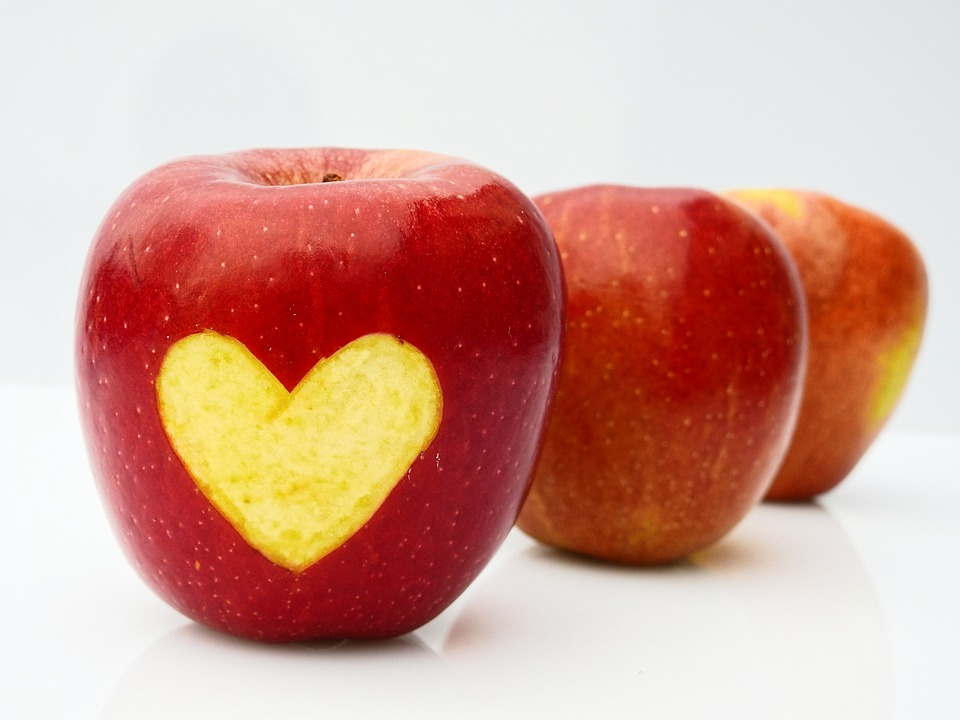
How to achieve success with a soy-free, vegan meal plan
Transitioning to a plant-based diet can be a healthy and beneficial choice, but for those with a soy allergy, it may seem difficult at first. However, with careful planning and knowledge about alternative protein sources, it is entirely possible to thrive on a soy-free, plant-based meal plan. In this article, we will explore the essential components of a soy-free, plant-based diet and provide valuable insights for those looking to make the switch.
Understanding soy-free veganism
First and foremost, it is essential to understand the details of a soy-free vegan diet. This dietary choice includes abstaining from meat, poultry, and seafood while avoiding soy and soy-based products, such as tofu, edamame, and tempeh. This may seem limiting at first, but there are plenty of alternative protein sources available for those following a soy-free, vegetarian meal plan.
Protein substitutes
One of the primary concerns for individuals considering a soy-free vegan diet is getting adequate protein. However, there are many plant-based protein sources that can easily meet this nutritional requirement. Some of the most popular options include:
- Quinoa
- lentil
- hummus
- Black beans
- Seitan
- Peas
- Nuts and seeds
By incorporating these protein-rich foods into your meals, you can ensure you are meeting your nutritional needs without relying on soy-containing products.
Meal planning tips
Planning your meals in advance is essential for success on a soy-free vegan diet. Here are some tips to help you prepare balanced, satisfying meals:
Diversify your plate
Be sure to include a variety of fruits, vegetables, whole grains, and protein sources in your meals. By diversifying your plate, you can ensure that you get a wide range of essential nutrients.
Experiment with new recipes
Don’t be afraid to try new ingredients and recipes. There are plenty of delicious soy-free vegetarian dishes to explore, from hearty lentil dishes to flavour-packed curries. Trying new flavors and cuisines can make your vegan journey more exciting and fun.
Supplement your diet
While a soy-free, vegetarian diet can provide all the necessary nutrients, there are some essential vitamins and minerals that may require special attention. These include:
Vitamin B12
Vitamin B12 is found primarily in animal products, so it is essential for vegetarians to find alternative sources. Many soy-based products are fortified with vitamin B12, so it’s important to look for fortified alternatives that don’t contain soy, such as plant-based milks and breakfast cereals.
iron
Iron is abundant in many plant foods, but the type of iron found in these sources (non-heme iron) may not be absorbed by the body as easily as the iron found in animal products (heme iron). To enhance iron absorption, pair iron-rich foods with sources of vitamin C, such as citrus fruits and leafy greens.
Omega-3 fatty acids
While soy products are a common source of omega-3 fatty acids for vegetarians, there are other options available. Flax seeds, chia seeds, and walnuts are all excellent sources of plant-based omega-3s.
Staying alert to the hidden sources of the self
When following a soy-free, vegan meal plan, it’s important to be careful about reading food labels and identifying hidden sources of soy. Common causes include soy lecithin, soybean oil, and hydrolyzed soy protein. By becoming familiar with these ingredients and being aware of their presence in packaged foods, you can avoid inadvertently consuming soy in your diet.
Benefits of a soy-free vegetarian diet
Despite the potential challenges, there are many benefits to following a soy-free, plant-based diet. Some of these include:
Improving digestive health
For individuals with a soy allergy, eliminating soy from their diet can improve digestive health and reduce inflammation.
Eat a variety of nutrients
By focusing on a wide range of plant foods, soy-free vegans can ensure they get a diverse intake of essential nutrients, including vitamins, minerals and antioxidants.
Low environmental impact
Choosing a plant-based diet can have a positive impact on the environment by reducing greenhouse gas emissions and reducing water use associated with animal agriculture.
Conclusion
In conclusion, success with a completely soy-free vegan meal plan can be achieved through careful planning and knowledge about alternative protein sources. By diversifying your plate, trying new recipes, and considering the hidden sources of soy, you can enjoy the many benefits of a soy-free, plant-based diet and live a healthy and fulfilling lifestyle. Whether you choose to adopt this dietary approach for health, ethical or environmental reasons, the key is to be informed and empowered to make the best choices for your well-being.

0 Comments